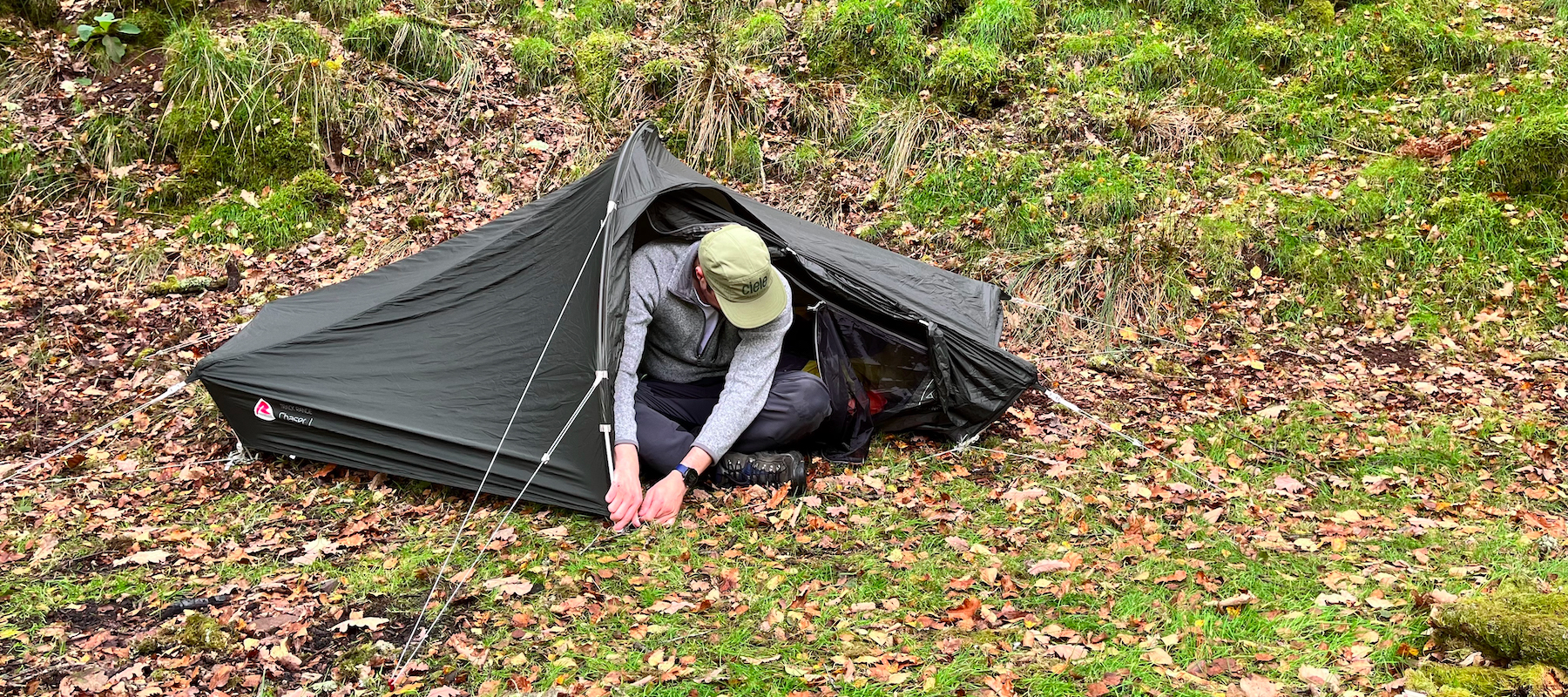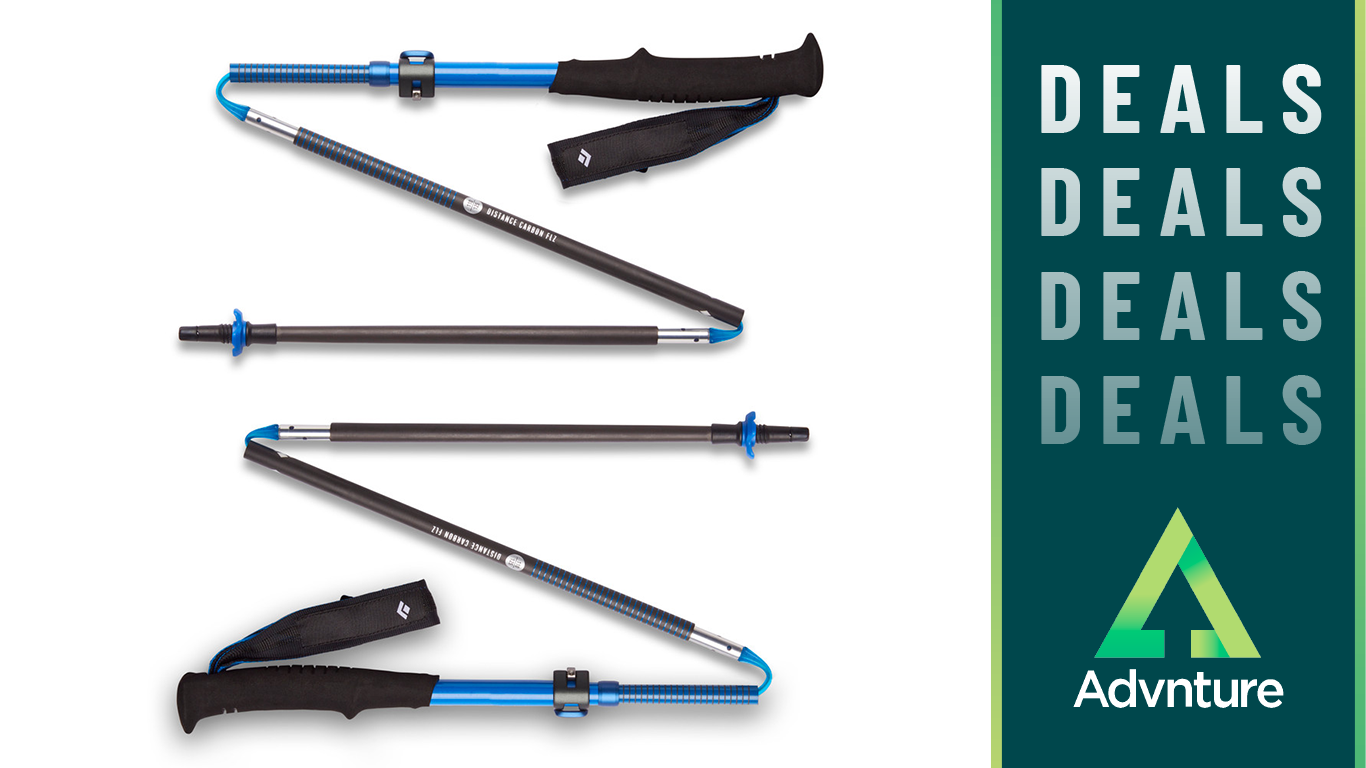Advnture Verdict
Super easy to pitch, very lightweight and excellent in wind or rainy conditions, the Chaser 1 is a robust and well-thought-out shelter that can be used for practically any activity and in any season
Pros
- +
Very lightweight
- +
Easy to put up and pack away
- +
Small pack size
- +
Great in windy and wet conditions
- +
Versatile pitching options
Cons
- -
Small interior
You can trust Advnture
Robens Chaser 1: first impressions
The Robens Chaser 1 is a lightweight, durable and excellently designed shelter by Robens. That’s the same company that brought us the Starlight 1, one of the best performing tents I’ve ever tried (and perhaps my favorite tent of the last few years), and they haven’t reinvented the wheel with the Chaser 1. Instead, they’ve taken tried-and-tested design elements that are known to work excellently in the wild, and then improved on them to make a one-person tent tent that’s lighter, smaller and easier to erect, while somehow further optimizing performance in wet and windy conditions. (Two- and three-person versions of the tent are also available, but we’re concentrating on the smallest one here.)
• List price: £334.99 (UK) / no official US price
• Style: Tunnel tent
• Weight: 1260g / 2.7lb
• Waterproofing: 2,000mm
• Rooms: One bedroom, one vestibule
• Compatibility: Four seasons
Weighing in just over 1kg, the Chaser 1 is decidedly lightweight. Seriously, considering this tent has been wind-tested in speeds up to 200km/h (where it finally gives out), the Chaser’s pack size is on par with tiny shelters like the Big Agnes Three Wire Hooped Bivy or ultralight tents like the Big Agnes Fly Creek HV UL2.
And while it might weigh a little more than both of those shelters, it doesn’t come with any of the major drawbacks those specific shelters force you to swallow, such as the tiny size of the bivy (where there’s almost no room for gear) or the Fly Creek’s relatively dire performance in even the slightest breeze.
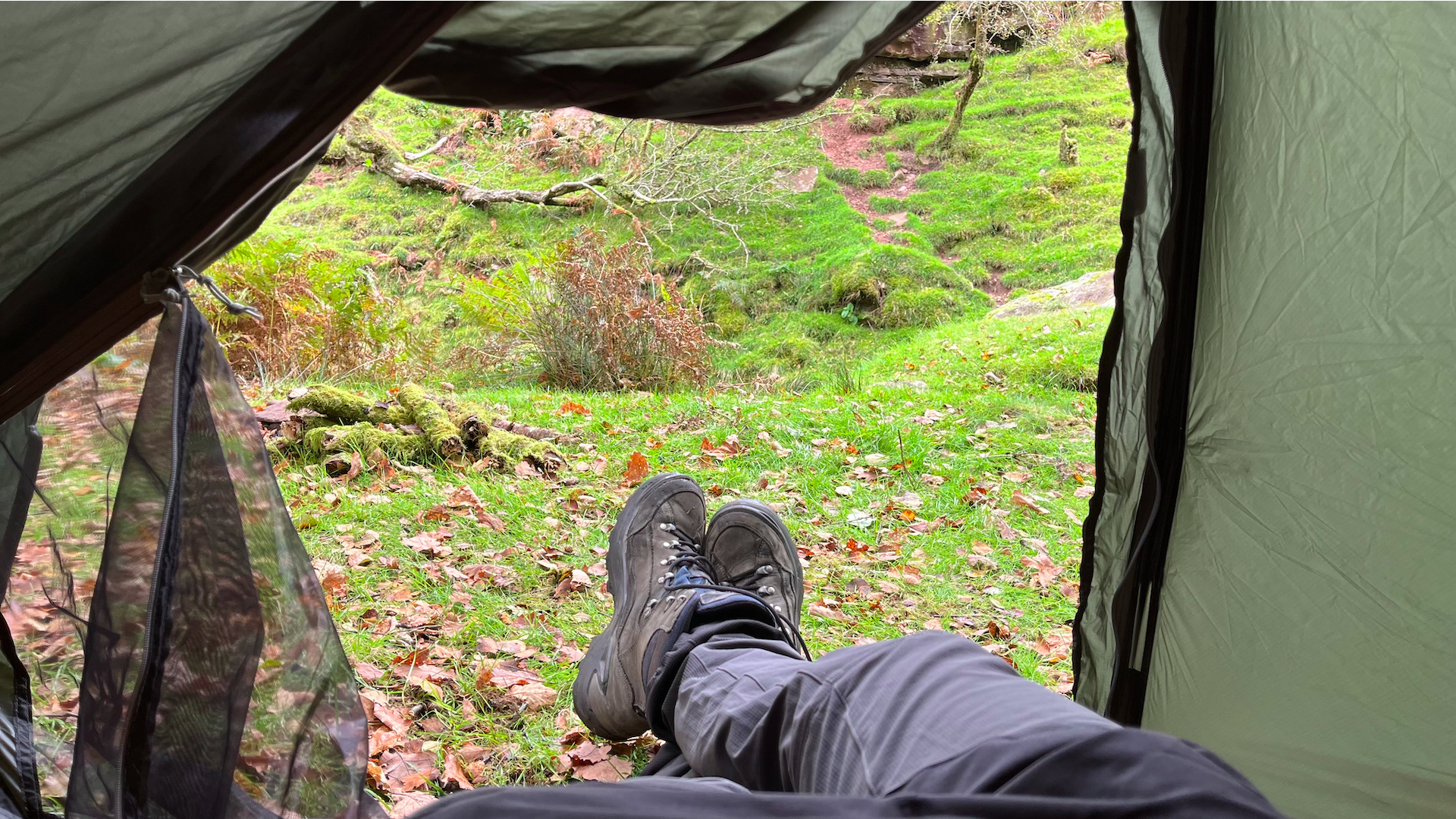
In my opinion, then, this makes the Chaser 1 a much more versatile shelter, suitable for everything from long summer hikes to autumnal fastpacking, bikepacking or alpine mountaineering trips. In fact, the only time you might opt for something else is in truly horrendous four-season weather, such as blizzard conditions or when you’re camping at altitude through the winter. Otherwise, the Chaser 1 might just be the best three-season all-rounder on the market right now (in my opinion, at least).
Additionally, coming in at £334.99 when bought directly from Robens, we also think the shelter is priced well for what you get. Granted, it’s pricey when compared to budget models, but for regular users and people who do various types of adventures, I think the price is perfectly reasonable – especially as it’s so versatile, it might be the only tent you ever need.
Robens Chaser 1: in the wild
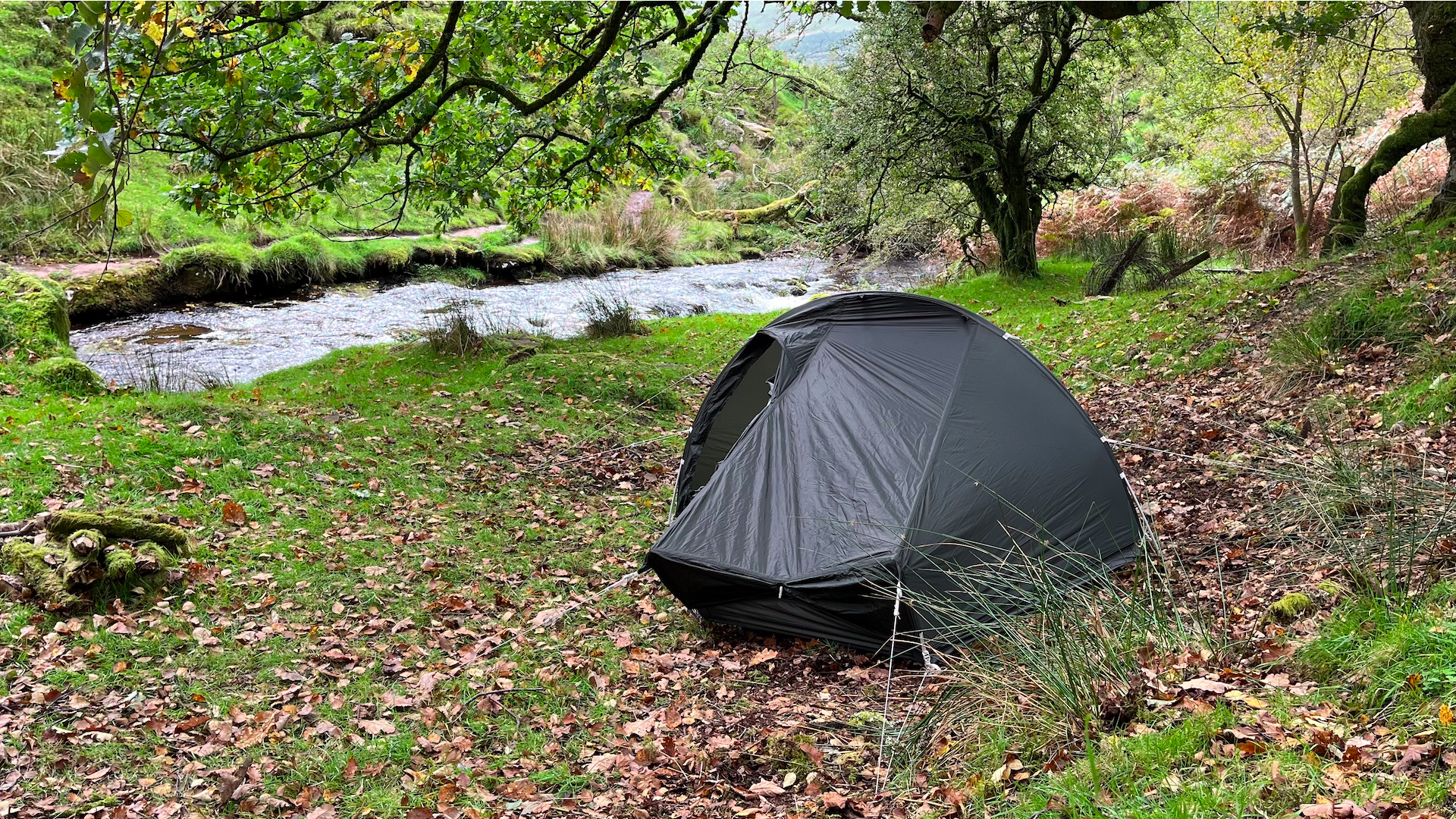
To test the Chaser 1, I used this tent on numerous trips through the summer and fall of 2023. I took it on a long hike through Dartmoor, two overnighters in Bannau Brycheiniog (the Brecon Beacons), and even on a fastpacking trip as the temperatures started to drop through the fall; trips that delivered a variety of conditions to test the shelter.
For example, despite not appreciating it at the time, I’m happy to say that I was able to put this thing up against driving wind and punishing rain on top of West Mill Tor. And even though I didn’t get a whole lot of sleep, the tent made me feel nothing but safe and comfortable – as all Robens tents have done to date.

The first thing I really enjoyed about the Chaser 1 is the color. With its low-profile shape, the dark green makes the tent practically invisible when camped on rolling grasslands or in the mountains. This makes the Chaser an excellent choice if you ever camp in places you shouldn’t (as I did on a recent fastpacking trip).
Putting the tent up and down is also a doddle. With one center pole, it’s merely a matter of pegging out the four corners and pulling the drawcords tight. For extra structural integrity, the corners are pre-fitted with lightweight poles that give the tent additional space at the head and the foot ends, and allow you to make better use of the vents on either end.
If you’re claustrophobic, however, this might not be the best tent for you. As, just like with the Starlight 1, the Chaser 1’s interior is tiny. There’s plenty of room for one person – but that’s about it. For the most part, your kit is going to have to stay out in the vestibule, which is big enough for a large pack and shoes with some space left over for cooking.

What’s more, thanks to the tunnel-style design, the structural integrity of the Chaser 1 rests on you being able to properly peg it out. And while I never had any problems with this specific model, I’ve been caught short in the past with similar tents when you just can’t get the stakes deep enough into the ground. Therefore, the Chaser 1 might not be the best choice if you’re desert camping on sand or pitching on rocky slabs like those often found in places like Dartmoor. But as long as you give yourself plenty of time to find a suitable pitch before the sun goes down, this is easily mitigated.
When it comes to condensation, this is another area where the Chaser performs excellently. In comparison to the polyester fly used on the Starlight 1, the nylon fly of the Chaser allows for increased breathability which – in my experience – resulted in a marked improvement when it comes to condensation. With both the head and foot vents open, as well as the top zip on the door pulled down halfway (when it wasn’t raining), I woke up to a completely dry inner, and it was never absolutely necessary to air out the Chaser after any trips other than the wet and windy one on Dartmoor (though I still did).
At 215cm in length, the tent is also plenty long enough for most people, especially if you store all kit in the vestibule. Because of its low profile, however, it’s fairly difficult to sit up in this thing. On short summer nights, this doesn’t really matter, and I found the advantages of its low profile vastly outweigh the negatives. But that might be another reason you might want to opt for a larger tent on long winter nights, such as something like the Nortent Vern 1.
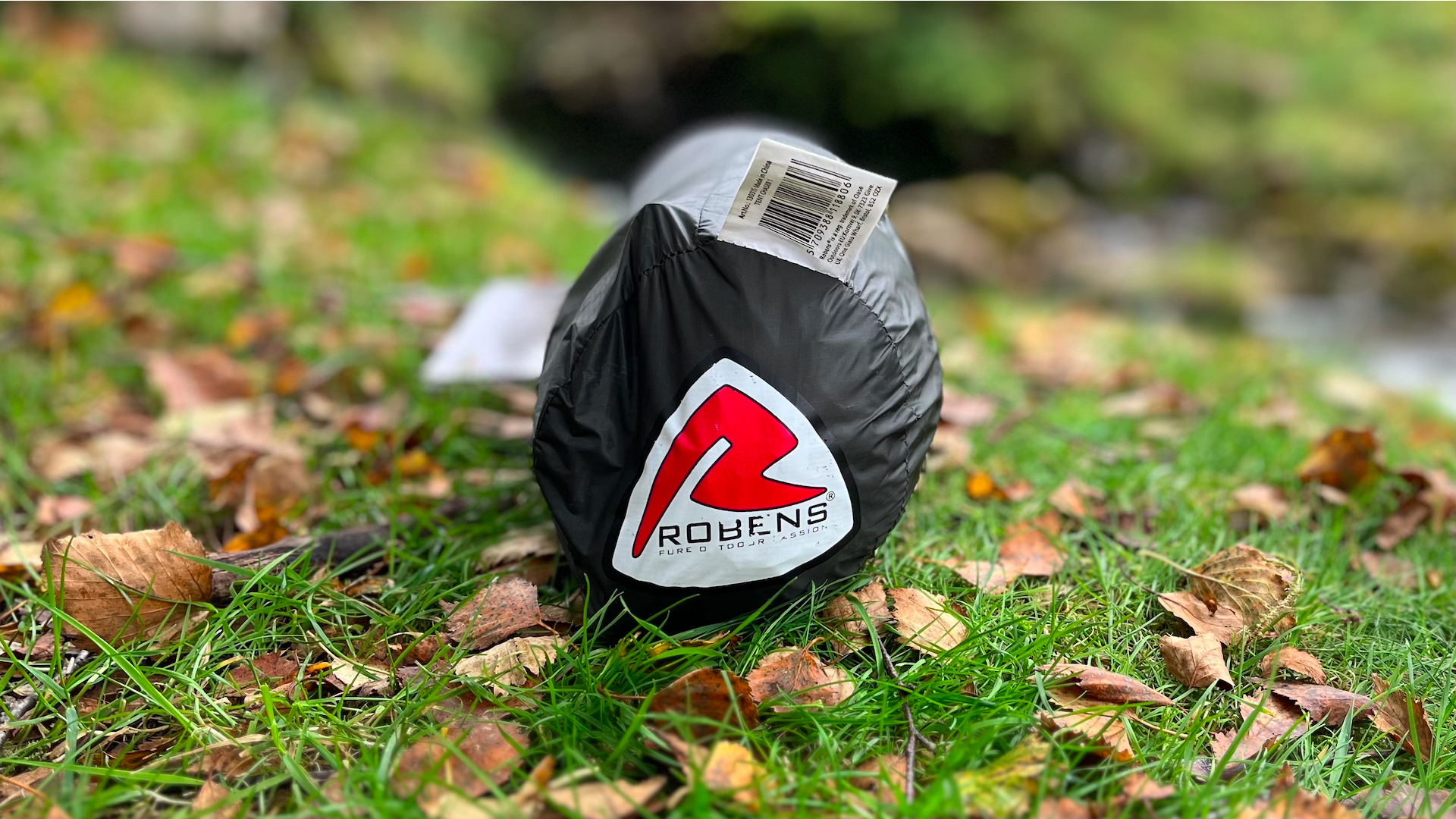
Durability
I found the Robens Chaser 1 to be surprisingly durable. Despite its light weight, I never used a footprint with the tent and found the thin bathtub floor did a good enough job in protecting the Big Agnes Zoom UL sleeping bag I was also testing at the time. Not that I would recommend this: the material on both products is super thin. But it proved that, in a pinch, you’ll likely be okay, as long as you’re careful where you pitch it and try and remove any bracken or sticks from under your tent before setting it down.
Overall, I love the Robens Chaser 1. Aside from the size inside, which I actually consider a positive, I couldn’t identify a single thing I’d improve on it. Its packsize and weight are astounding considering how versatile it is, and the small footprint and ease of pitching mean you can pretty much put it up anywhere and in any conditions (as long as you can get pegs into the ground). For £334.99, I think you’d struggle to find a tent that delivers as much in such a small package – and it might just be my new favorite three-season shelter.

Growing up just south of the glorious Brecon Beacons National Park, Craig spent his childhood walking uphill. As he got older, the hills got bigger, and his passion for spending quality time in the great outdoors only grew - falling in love with wild camping, long-distance hiking, bikepacking and fastpacking. Having recently returned to the UK after almost a decade in Germany, he now focuses on regular micro-adventures in nearby Snowdonia and the Brecon Beacons, as well as frequent trips to the Alps and beyond. You can follow his adventures over on komoot.
